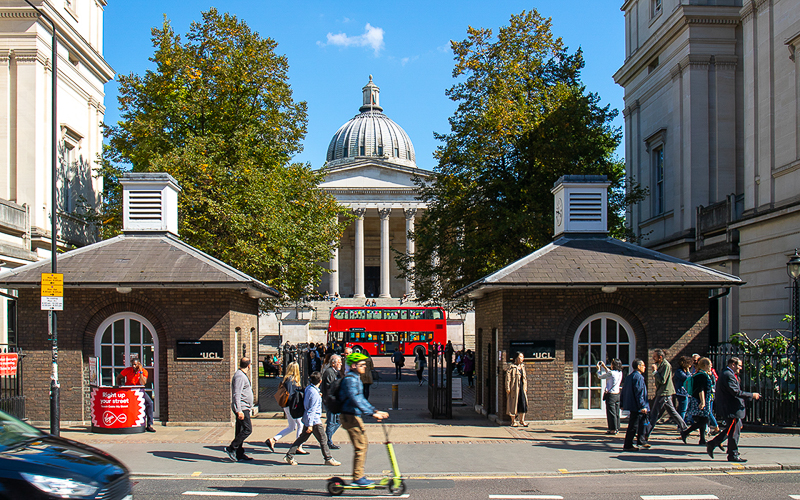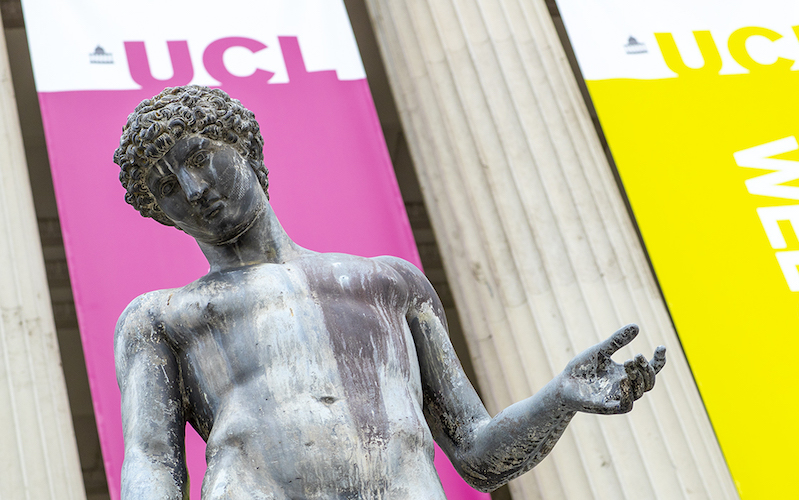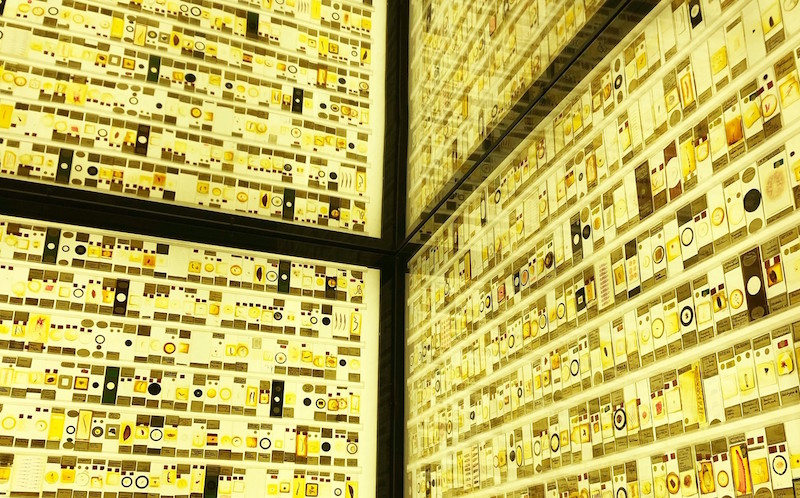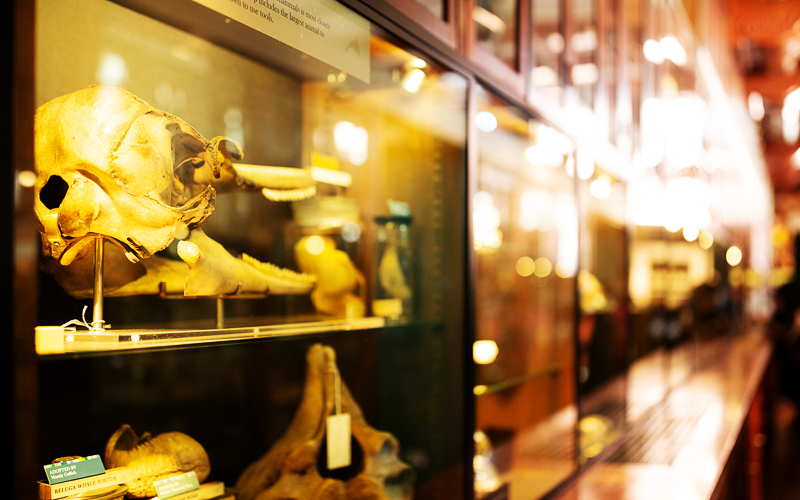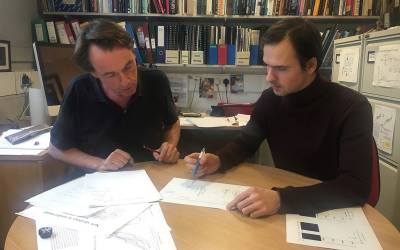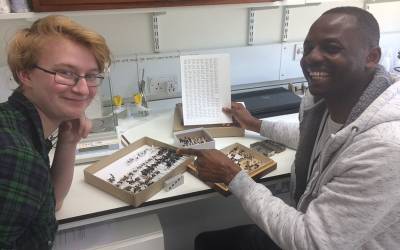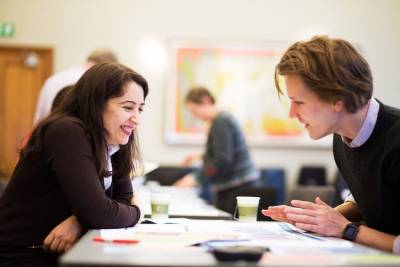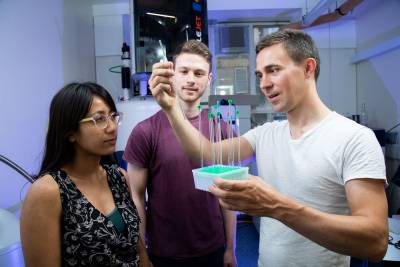PhD
Each PhD student joins a research group headed by a member of the Academic Staff, who serves as their Primary Supervisor. A research group might comprise other postgraduate and undergraduate research students, technicians, postdoctoral researchers, and research fellows, all of whom interact and work closely together on their research. PhD students also form broader academic connections through their Secondary and Tertiary supervisors, by attending GEE research seminars, by presenting at the Friday student/postdoc seminar series and the annual Graduate Symposium, by contributing to undergraduate teaching, and by participating in social events like the Monday departmental coffee meetings. GEE provides a friendly collegiate environment, supporting all its members, and nurturing outstanding research.
Funding your PhD
The chart on the right shows that our PhD students are funded in many different ways. The costs of a PhD include the tuition fees that UCL charges, the costs of the research itself, and the costs of living in London. Some funding sources, such the UKRI doctoral training programs (DTPs), cover all these costs; others do not, and will need to be supplemented by other sources. We will always try to help prospective students find and access funding sources.
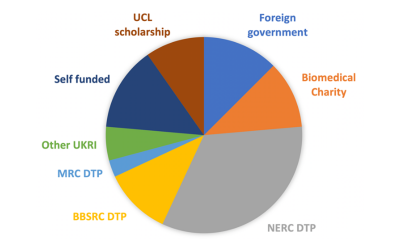
Visit the Genetics, Evolution and Environment MPhil/PhD Prospectus Page
Meet our 2021 PhD students and hear about their research
Because of COVID-19, we’re having to communicate a lot more through computer screens. Our PhD students have been experimenting with this medium to make short videos about their research experiences. We first watched and discussed these movies in small groups, then each group voted on their favourite. These favourites each won £50 and were presented in a “Film Festival” online on the 28th August 2021, which was open to all in GEE. The audience voted for their favourite, which won £250, with two runners up each winning £150.
The most remarkable thing about these films was the range of entertaining styles and clever techniques that our students devised. Many were genuinely thrilling and funny, and they show that there are myriad ways to communicate science effectively. We see this variety even among the three main prize winners. Our overall winner, Zikmund Bartonicek, employs a conventional documentary style, but uses surprising props, high-speed jaunts through the Natural History Museum, and Fleabag-style deadpans to the camera to enliven his subject. Carolyn Thompson uses a cheerful magazine style presentation, bringing together different media to draw a vibrant picture of her professional research world. And Aaron Halpern, our resident surrealist, demonstrates the use of metaphor in science by presenting his work on the origin of the genetic code from his bathtub.
Congratulations to these prizewinners, to the £50 winners of the first round (Sasha Bradshaw, Hugh Carter, Shawn Dove, Ashleigh Marshall, Santiago Martínez, and Emily Watt), and to all who contributed their fabulous videos and wonderful ideas to this event.
If you missed out, you can watch some of the videos on a playlist on our public UCL Life Sciences Youtube channel. If you would like your video featured in either of these places, please let us know. Here are a few highlights:
What’s it like to do a PhD?
Instead of learning things that are already well known, PhD students discover things that were previously unknown. So a PhD is less structured and less predictable than other academic qualifications. PhD students are often the most active and productive people in their research group, and we value them highly.
 Close
Close



